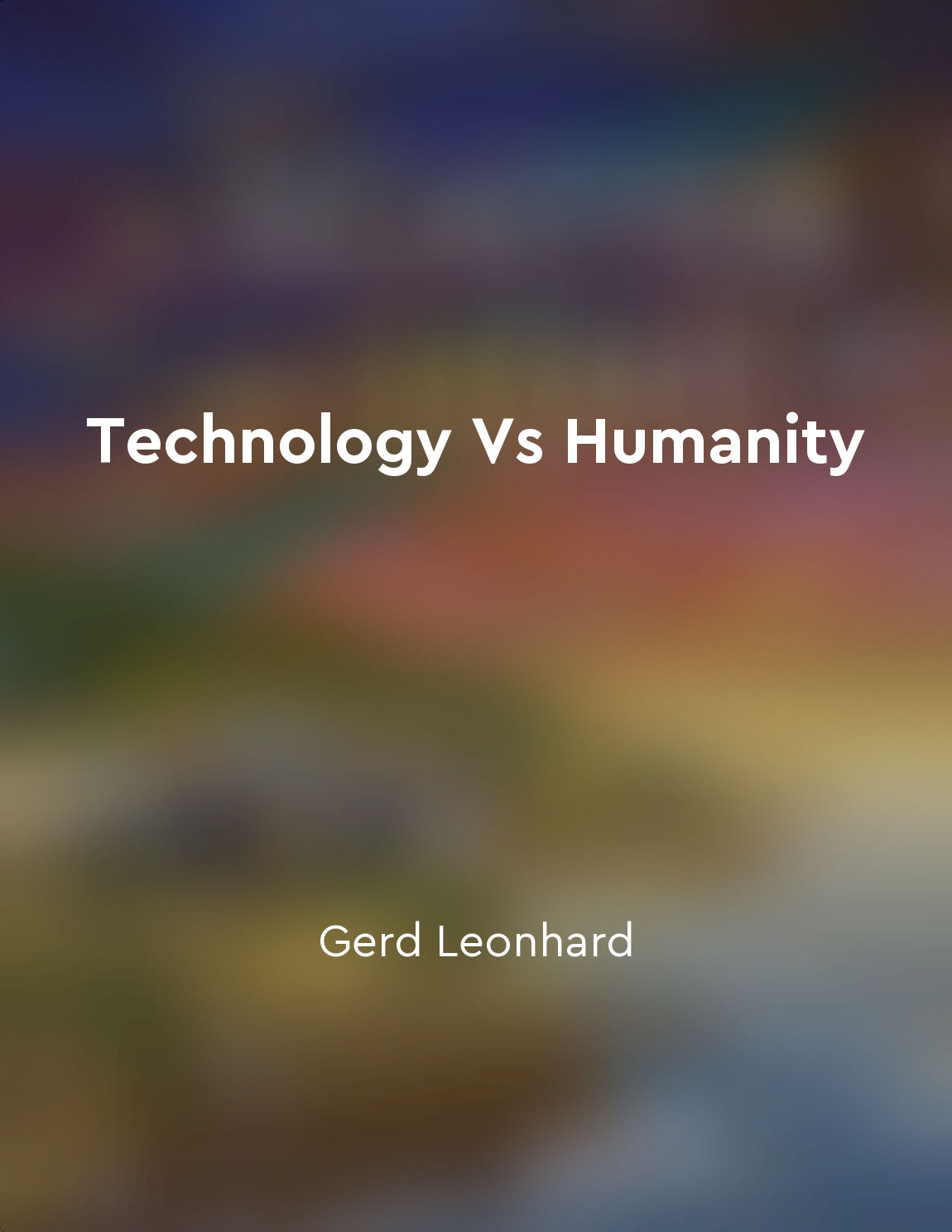Accountability in automation is a challenge from "summary" of Automation and Utopia by John Danaher
The challenge of accountability in automation looms large in our contemporary technological landscape. This issue is not just a minor concern that can be easily brushed aside; rather, it is a complex and multifaceted problem that demands careful consideration and thoughtful analysis. The rise of automated systems in various domains of human activity has raised important questions about who should be held responsible when things go wrong. One of the key difficulties in addressing accountability in automation is the fact that these systems often operate without direct human control or oversight. This creates a sense of ambiguity regarding where the ultimate responsibility lies when something goes awry. Should we blame the designers and engineers who created the system? Or should we hold the operators who interact with the system accountable for any errors or failures that occur? Moreover, the increasing complexity of automated systems further complicates matters. As these systems become more sophisticated and interconnected, it becomes increasingly challenging to trace the chain of causation when a problem arises. This can make it difficult to pinpoint exactly where the breakdown occurred and who should be held responsible for addressing it. Another complicating factor is the issue of intentionality in automation. Unlike human actors, automated systems do not possess intentions or motivations in the same way that we do. This raises difficult questions about how we should attribute blame or responsibility in cases where harm is caused by an automated system. Should we treat the system itself as the responsible agent, or should we look to the human actors who designed, implemented, or interacted with the system? In grappling with the challenge of accountability in automation, we must also consider the broader implications for society. As automated systems become more prevalent in our lives, the need for clear and transparent mechanisms of accountability becomes increasingly urgent. Without robust systems of accountability in place, we run the risk of eroding trust in these technologies and undermining their potential to improve our lives.- The question of accountability in automation is a pressing and complex issue that requires careful consideration and thoughtful analysis. By grappling with the challenges posed by automated systems and thinking critically about how to address them, we can work towards a future where technology serves the common good and enhances human flourishing.
Similar Posts
AI has the ability to learn and adapt to new situations
In the realm of artificial intelligence, the notion that machines can learn and adapt to new situations is a fundamental concep...
Algorithms revolutionizing healthcare
Algorithms have been steadily infiltrating the healthcare industry, transforming the way medical professionals diagnose and tre...
Diversity is important
Diversity, in all its forms, is essential for a thriving society. It is not just about having people from different backgrounds...
Social media impacted political discourse
The rise of social media has had a profound impact on political discourse in recent years. Platforms like Twitter, Facebook, an...
Energy sources diversify
The shift toward more diverse energy sources is a key trend that will shape the future. As technology advances and costs declin...

AI should not eliminate human jobs
It is a well-known fact that technological advancements in the form of artificial intelligence (AI) have the potential to revol...
Collaboration between humans and machines is key
The relationship between humans and machines is a complex and evolving one. As automation technologies continue to advance, the...
Artificial intelligence is revolutionizing decisionmaking processes
Artificial intelligence has brought about a fundamental shift in how decisions are made across various industries. Traditional ...
Implement systems that promote transparency
The concept of promoting transparency through effective systems is crucial in the pursuit of continuous improvement. Transparen...

Those who contribute to the digital world should be rewarded for their efforts
In the digital age, those who create and contribute to the vast wealth of information online often go unrewarded. This imbalanc...

